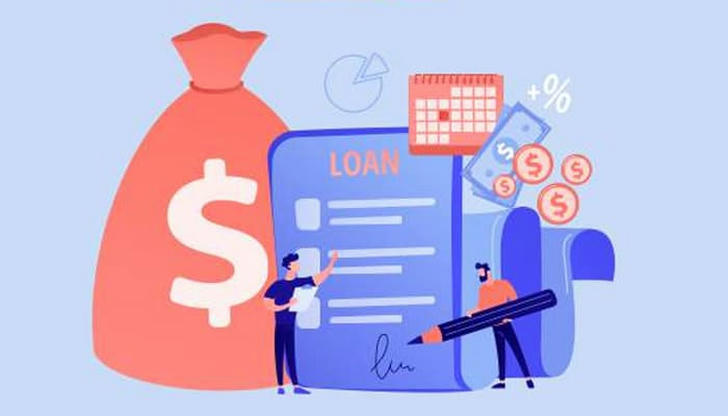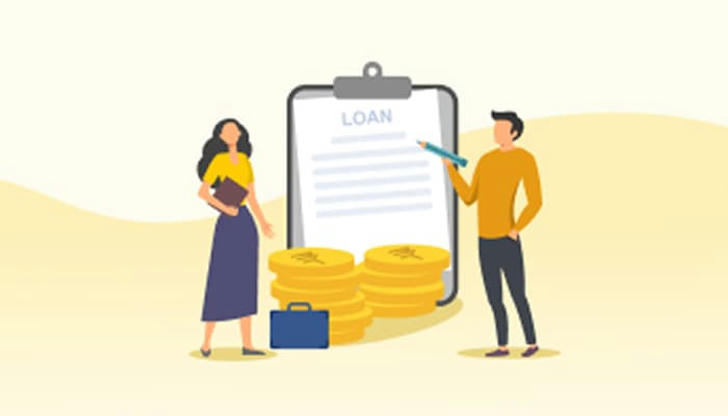Is a Personal Loan a Good Option for Startup Funding? Pros and Cons

Starting a business often means facing tough financial choices. One of the most common questions for new entrepreneurs is, “Should I use a personal loan to fund my startup?” Personal loans can seem like a fast and simple solution, but they come with their own set of advantages and drawbacks. Let’s break down the pros and cons of using a personal loan for startup funding.
What is a Personal Loan?

A personal loan is a monetary credit that individuals can obtain from banks, credit unions, or independent online companies for any need. While business loans mean business expenses that need finance, personal loans are bound to credit scores. This means that lenders make a personal financial history, income, and credit score check to see whether you qualify for the loan.
The Pros of Using a Personal Loan for Startup Funding

1. Fast and Simple Approval Process
Applying for a personal loan is usually quicker and less complex than applying for a business loan. Personal loans often have fewer requirements, which can be appealing to new entrepreneurs who need quick access to capital.
Key Points:
• No need for a business plan.
• Less documentation required.
• Potentially faster approval than traditional business loans.
2. Flexibility in How You Use the Funds
Unlike business loans, which may come with restrictions on how you can spend the money, personal loans offer more flexibility. This allows you to allocate the funds as needed, whether it’s for marketing, inventory, or renting office space.
Why This Matters: Flexibility can be a lifesaver for a startup that needs to adapt quickly to changing business needs.
3. Accessible for Those with Limited Business Experience
If you’re just starting and don’t have established business credit, getting a business loan can be challenging. Personal loans, on the other hand, are based on personal credit. This makes them more accessible for new entrepreneurs who may not have a track record of business success.
The Cons of Using a Personal Loan for Startup Funding

1. Higher Interest Rates
One major drawback is that personal loans often come with higher interest rates compared to traditional business loans. If your credit score is average or below average, the rates can be steep. This means you’ll be paying back significantly more over the life of the loan.
Tip: Check your credit score and shop around for the best rates to ensure you’re not paying more than necessary.
2. Personal Liability
When you take out a personal loan for your business, you are personally responsible for repayment. If your business fails and you can't make the loan payments, your personal finances and credit score will suffer. This can put your assets, such as your home or car, at risk.
Bottom Line: Understand that if the venture doesn’t succeed, your credit will take a hit.
3. Limited Loan Amounts
Personal loans typically come with a cap on how much you can borrow. If you need significant startup capital, a personal loan might not be enough. Business loans, in comparison, often offer larger sums tailored for business growth and development.
Did You Know? Most personal loans range from $1,000 to $50,000. For many startups, this might not be sufficient for long-term growth or large-scale operations.
When Is a Personal Loan a Good Idea for Funding?

A personal loan might be a good option if:
• You need a small amount of funding quickly.
• You have a strong personal credit score, allowing for a reasonable interest rate.
• You’re confident in your ability to repay the loan, even if the business doesn’t generate profit immediately.
When to Avoid Using a Personal Loan for Your Startup

Avoid personal loans if:
• You need a large sum of money. Traditional business loans or investor funding may be better options.
• Your business plan has a high risk of failure. Putting your credit and finances on the line is a major risk.
• The interest rate offered to you is high. High rates can lead to overwhelming debt payments.
Alternative Funding Options to Consider

Before deciding on a personal loan, consider these alternatives:
1. Small Business Loans: Tailored for startups and small businesses, these loans often have lower interest rates and higher borrowing limits.
2. Business Credit Cards: These can be useful for covering smaller expenses while building your business credit.
3. Angel Investors or Venture Capital: Although this option requires you to give up some equity, it doesn’t put you in personal debt.
4. Crowdfunding: Platforms like Kickstarter or Indiegogo allow you to raise money without needing to repay or give up equity.
Conclusion

A personal loan is a good start for your start-up business but this also has risks that cannot be underestimated. If considering this, therefore, make sure that you measure your financial worth since the interest rate that would apply cannot be determined automatically. It should be kept in mind that the funding choice that is most appropriate suits your business objectives as well as your overall financial performance.
